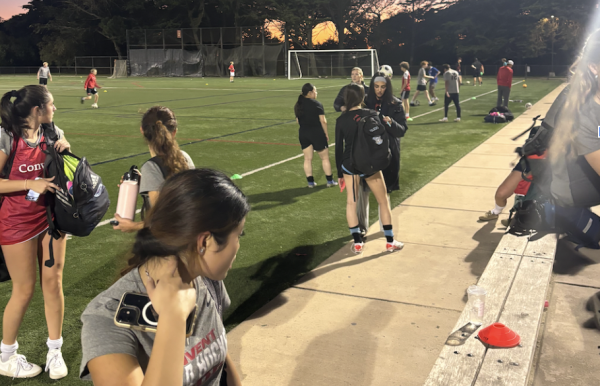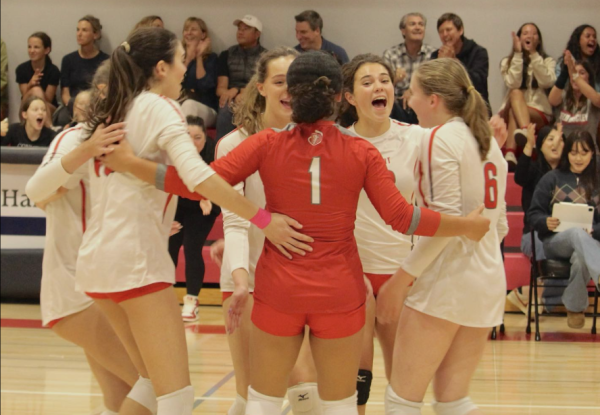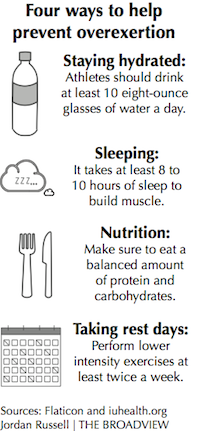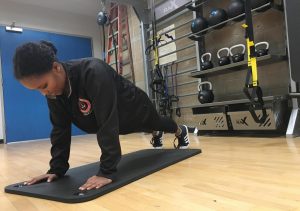If there is pain, there is no gain
Over-exercising proves dangerous for athletes.
While the temptation to lift just 10 more pounds or to push through one extra mile on the treadmill is attractive when working out, training too hard can cause overexertion and counteract the positive benefits of a workout routine.
“I row two and a half hours every week day and between four to seven hours on Saturday,” junior Camilla Sigmund said. “That adds up to about 16.5 to 19.5 hours a week on average, so according to my physical therapist, I am technically over exercising because teenage athletes aren’t supposed to exercise for more hours a week than their age.”
By her physical therapist’s formula, the 16-year-old is exercising up to three hours more than she should in a given week.
Curtailing activity on some days is crucial to keeping oneself from becoming overexerted, as well as not spending more than 45 minutes to an hour in a gym session, according to Convent athletic trainer Hally Tappan.
“Working out for seven days a week is not bad, but taking those rest days is really important,” Tappan said. “If you’re going to push yourself for five days, do lower intensity exercises on the other days so you’re not stressing your body and muscles too much.”
Overuse and overexertion can lead to chronic injuries, even in adolescents.
“Working out every single day has had real effects on my body,” Sigmund said. “I have lower lumbar pain in my back and it’s been determined to be a [result] of the constant stress and pressure that I put on it through sports. But on my team you just push through it.”
Some students such as senior Jocey Shilakes have found ways to alter their workout routines to prevent further injury or overexertion.
“I used to do track as a sport and I injured my knee,” Shilakes, who works out at a gym five to six times a week, said, “so now, I make sure I alternate between running, cycling and StairMaster throughout the week because cycling is low impact and much better for my knee.”
Four major considerations can prevent overexertion for people of all ages, according to Tappan.
“It’s hard in the society that we live in,” Tappan said, “but teenagers need to make time for eating well, sleeping enough, hydrating enough, and staying active while taking those rest days. That’s what’s really important.”









